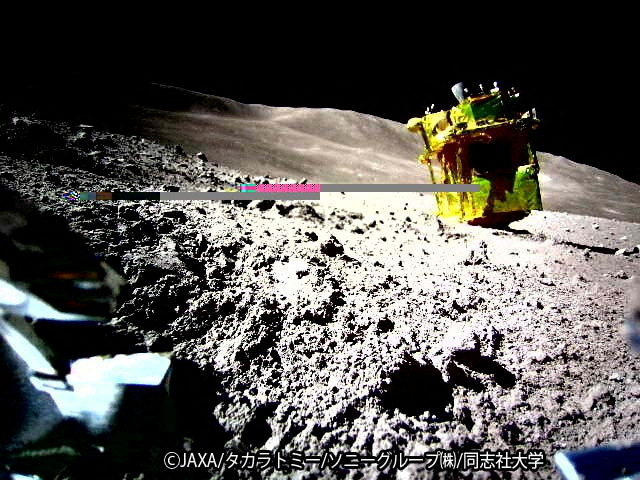Japan's lunar probe restarts after gaining solar power


The Japan Aerospace Exploration Agency announced on Monday that the unmanned probe SLIM that had powered off after a successful lunar landing has restarted.
Officials of JAXA said in a social media post on Monday that communication with the Smart Lander for Investigating Moon, or SLIM, was restored during the previous night.
The solar panels of the small-scale exploration lander are generating power, it said.
Scientific observations of lunar rocks using the special camera mounted on SLIM have also resumed. The officials released an image of a rock on the lunar surface that has been named "Toy Poodle".
The probe landed on the lunar surface at 12:20 am on Jan 20. However, it was unable to generate power from the solar panels, and the investigation of lunar rocks could only be conducted for about 45 minutes using the internal battery. The power was turned off, leaving approximately 12 percent of the battery capacity remaining.
The reason for the lack of power generation was the tilted landing posture, causing the solar panels to face westward without direct sunlight, rather than facing upward as planned.
The officials said that was caused by a failure of one of its two main engines just before the touchdown. They made efforts to recover the probe's operations and said SLIM would automatically be restarted if its solar battery begins generating power with sunlight coming from the west, Japan's public broadcaster NHK reported.
The sunset at the landing site is expected around Feb 1. With SLIM's revival, there is now a possibility of conducting the originally planned rock investigation for a sufficient duration, as reported by The Asahi Shimbun, a national daily newspaper in Japan.

































